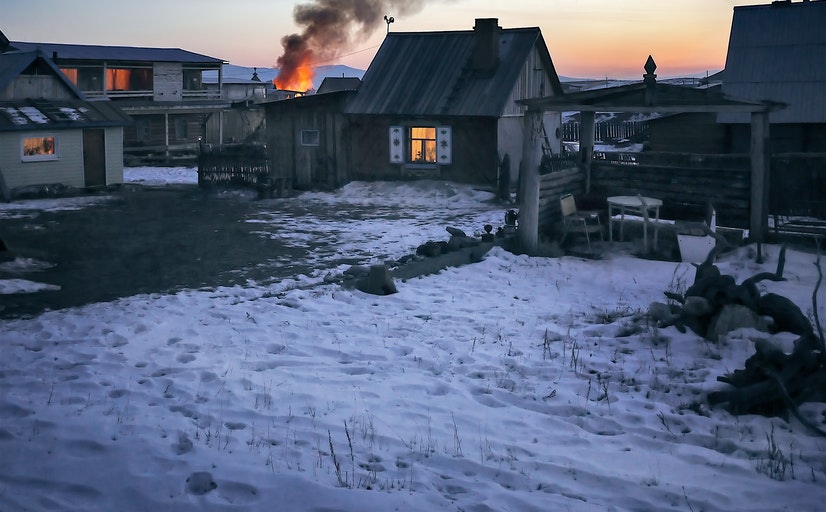Against the background of the military invasion of Ukraine and numerous war crimes committed against civilians, Russia has made a number of steps, which turns this country into a jurisdiction, where IP rights infringements are supported by the government.
Court practice
On March 3, 2022, the Arbitration Court of the Kirov Region refused to protect the intellectual rights of the characters of the animated series Peppa Pig by British Entertainment One.
The court dismissed the claim, referring to the Decree of the president of the Russian Federation on February 28 on the application of special economic measures in connection with the unfriendly actions of the United States of America and foreign states and international organizations that have joined them.
The court also referred to the Civil Code, which states that the protection of civil rights solely with the intent to harm another person is not allowed.
The court regarded the actions of the plaintiff as an abuse of civil rights, referring to the imposition of sanctions by Great Britain on the Russian Federation.
Entertainment One UK Ltd and Rovio Entertainment Oyj (manage the Angry Birds brand) are conducting a large-scale legal campaign against Russian manufacturers of counterfeit products – over the past 10 years, Rovio has filed 1.4 thousand lawsuits.
Entertainment One UK has similar claims in arbitration court proceedings across Russia and has won them so far.
In the current situation, restrictions on the exclusive rights of foreign rights holders seem inevitable, and it is expected that the courts will begin to rule in other cases with similar wording.
Thus, it has become almost impossible for companies from the countries of the Western world to protect their intellectual property rights in Russia.
Mass applications for trademarks of world-famous brands
After a large number of brands left the Russian market, local applicants began to apply for the registration of such trademarks in large numbers.
So, there were filed applications for such designations, for example, Apple, Amazon, Ebay, Instagram, Christian Dior, Clarins, Dove, Estee Lauder, Giorgio Armani, Guerlain, Higo Boss, Givenchy, Lacoste, Lancome, Mary Kay, Maybelline New York, Nivea, Pampers, Vichy, Mercedes-Benz, Coca-Cola, Durex, Contex and many more.
Rospatent has not yet made a decision on the registration of these applications.
Parallel import becomes legal
On March 30, 2022, the prime minister of Russia signed a decree that allows parallel imports – companies will now be able to import goods into the country for sale without the permission of the right holder.
The text of the decree refers only to “demanded” goods. Their list is to be approved by the Ministry of Industry and Trade on the basis of proposals from federal departments.
According to the government, this will guarantee the supply of goods to Russia “despite the unfriendly actions of foreign politicians” and “stabilize prices”.
At the same time, goods that are imported without the permission of the right holder will undergo all control and customs procedures. How the system for detecting and blocking counterfeit products will function is unknown.
For many years, parallel imports were prohibited in Russia, and the entire system for preventing the import of counterfeit products was based on this principle.
In addition, earlier the government also raised the limit for individuals to import duty-free goods from foreign online stores from 200 to 1,000 euros.
Connections with foreign IP offices
Some patent offices have refused to cooperate with Rospatent.
The European Union Intellectual Property Office (EUIPO) has halted all cooperation actions with Rospatent, and the Eurasian Patent Office (EAPO), which headquarter is located in Moscow.
USPTO also has terminated engagement with Rospatent, and with the EAPO as well.
The USPTO will no longer grant requests to participate in the Global Patent Prosecution Highway (GPPH) at the USPTO when such requests are based on work performed by Rospatent as an Office of Earlier Examination under the GPPH. In addition, in pending cases, the USPTO granted special status under the GPPH to applications based on work performed by Rospatent, the USPTO will remove that status and return those applications to the regular processing and examination queue, meaning that they will no longer be treated as GPPH applications at the USPTO.
It is worth noting that Russia began to apply unfriendly practices against foreign rights holders as early as 2021 (permission to infringe patent rights for the production of “vital medicines” for Russian companies, the principle of national law prevailing over international treaties, etc.), and in 2022 Russia, apparently, decided to break ties with the civilized world in the field of IP rights protection as well.

